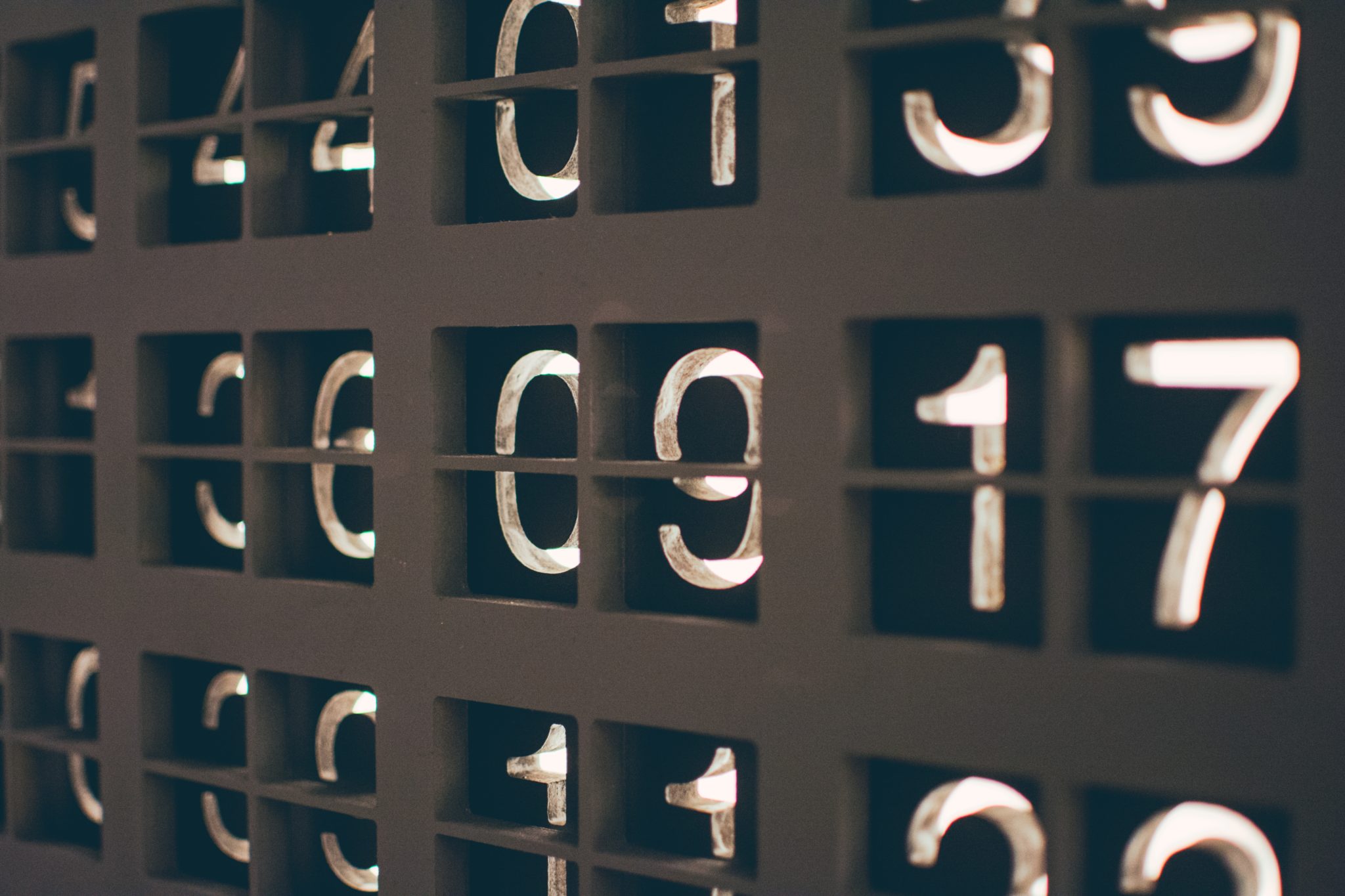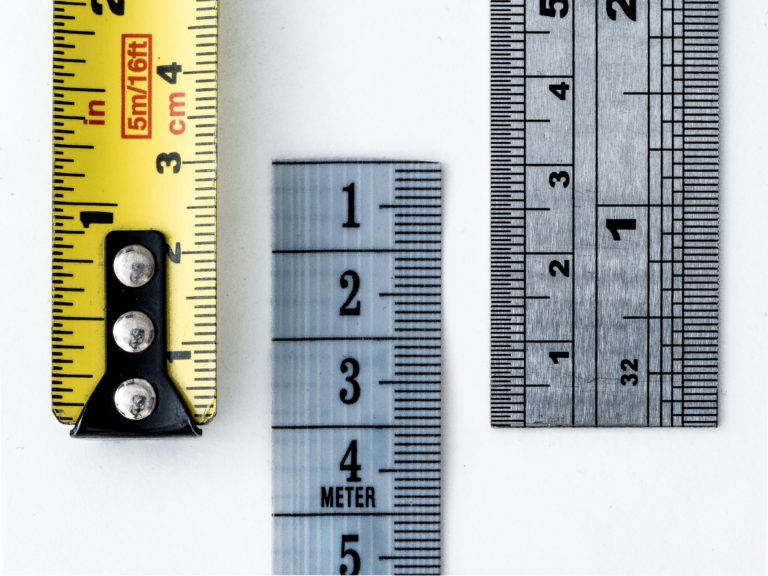For the full recap and questions list from night 1, head here. The…
Gender on the Debate Stage: September Numbers

For a full recap of the September Houston debate numbers, head here.
Last night, was the first debate to be held on one night—with only three of the six female candidates making it to the debate stage in Houston by the mid-August deadline. The failure to qualify was enough to cause Sen. Kirsten Gillibrand to bow out of the race, while Marianne Williamson and Rep. Tulsi Gabbard remain in the field but out of the debate, at least for now.
By most accounts, each of the three women candidates in the debate—all of them sitting U.S. Senators—had a good night.
In terms of questions, a total of 88 rapid-fire questions and rebuttal prompts were directed at the candidates over the course of almost three hours. 26 (30%) of the questions posed went to one of the three women on stage: Harris, Klobuchar, or Warren.
Of the 26 questions and prompts that went to women candidates:

And of the 88 total questions and prompts, the main topics covered were:

Similar to Night 1 of the July debate, moderators did not ask the field of candidates about gender dynamics, pay equity, paid family leave, violence against women, sexual harassment, maternal mortality, reproductive rights, or caregiving.
Even though these gender issues were missing from the debate questions, several candidates managed to include these issues in some of their other responses.
Specifically:
- Beto O’Rourke raised the issue of maternal mortality rates for women of color.
- Kamala Harris mentioned the de-incarceration of women and children.
- Joe Biden included violence against women in his response to a question on immigration.
- Bernie Sanders talked about paid family and medical leave when asked about democratic socialism. He also raised the issue of universal pre-K and the child poverty rate in a later question on public education.
- Elizabeth Warren brought up universal pre-K and childcare during a response on improving public education and, in her closing statement about resilience, spoke about facing job discrimination while pregnant with her daughter.
- Pete Buttigieg used his closing answer to share his personal story about coming out as gay and serving his country under Don’t Ask, Don’t Tell.
- Amy Klobuchar spoke about the birth of her daughter as an impetus for her involvement in politics after the hospital discharged her after one day, while her daughter remained in the NICU.
- And perhaps most impressively, Cory Booker managed to bring up gynecological care for veterans in a question about his veganism.
It feels a little strange to not be gearing up for a second-round tonight! Looking ahead, we’ll be keeping an eye on polling numbers to see if either Rep. Tulsi Gabbard or Marianne Williamson meets the qualifying requirements for the next debate by October 1.
On October 15 (and maybe October 16), we’ll be watching to see if the producers/moderators decide to ask about topics like family leave, equal pay, reproductive rights, and child care—or if bringing up “women’s issues” will once again be left up to the candidates. That debate will be hosted by CNN and the New York Times in Westerville, Ohio on the campus of Otterbein University. The moderators will be CNN’s Anderson Cooper and Erin Burnett plus Marc Lacey of the New York Times.






